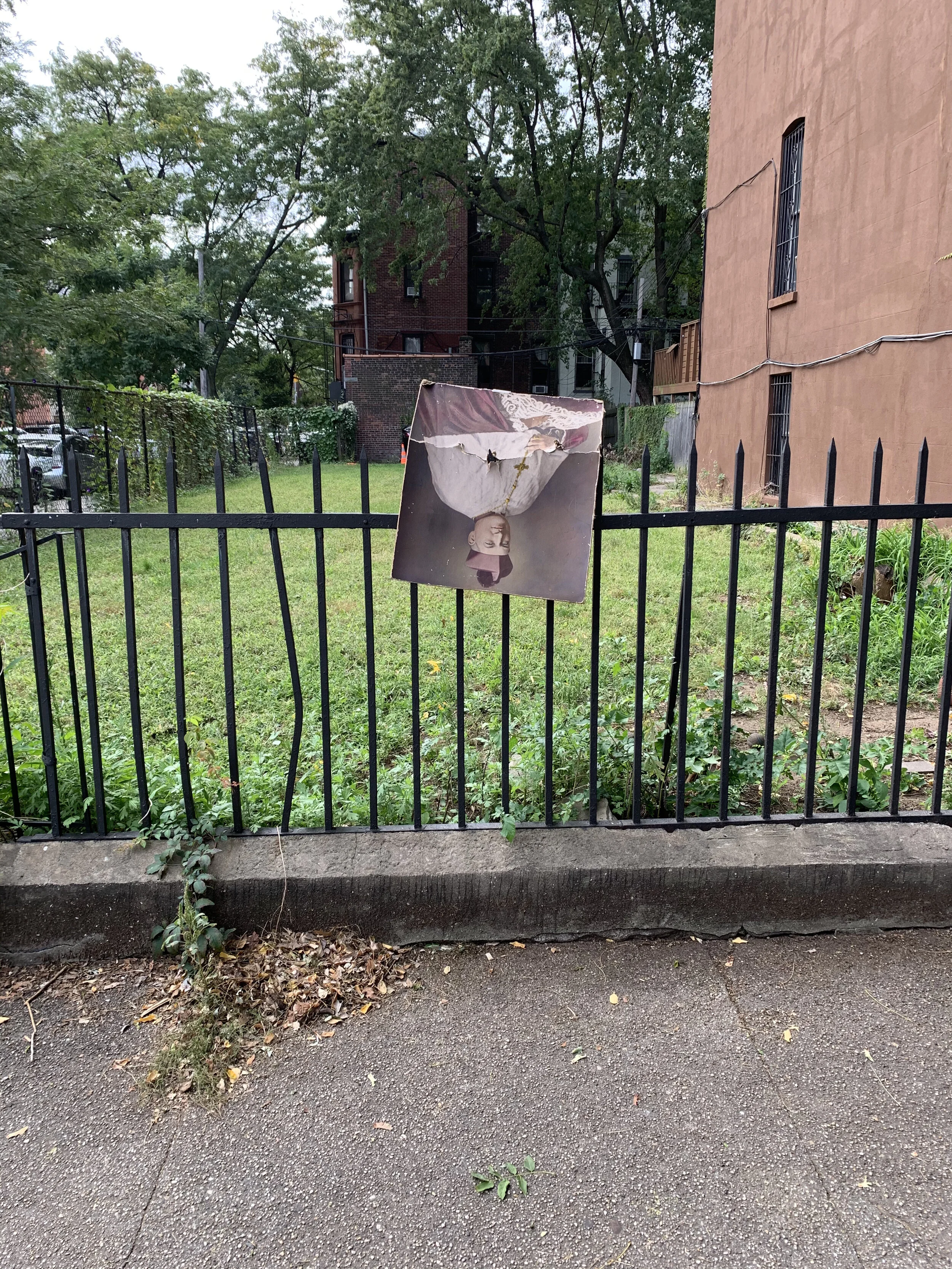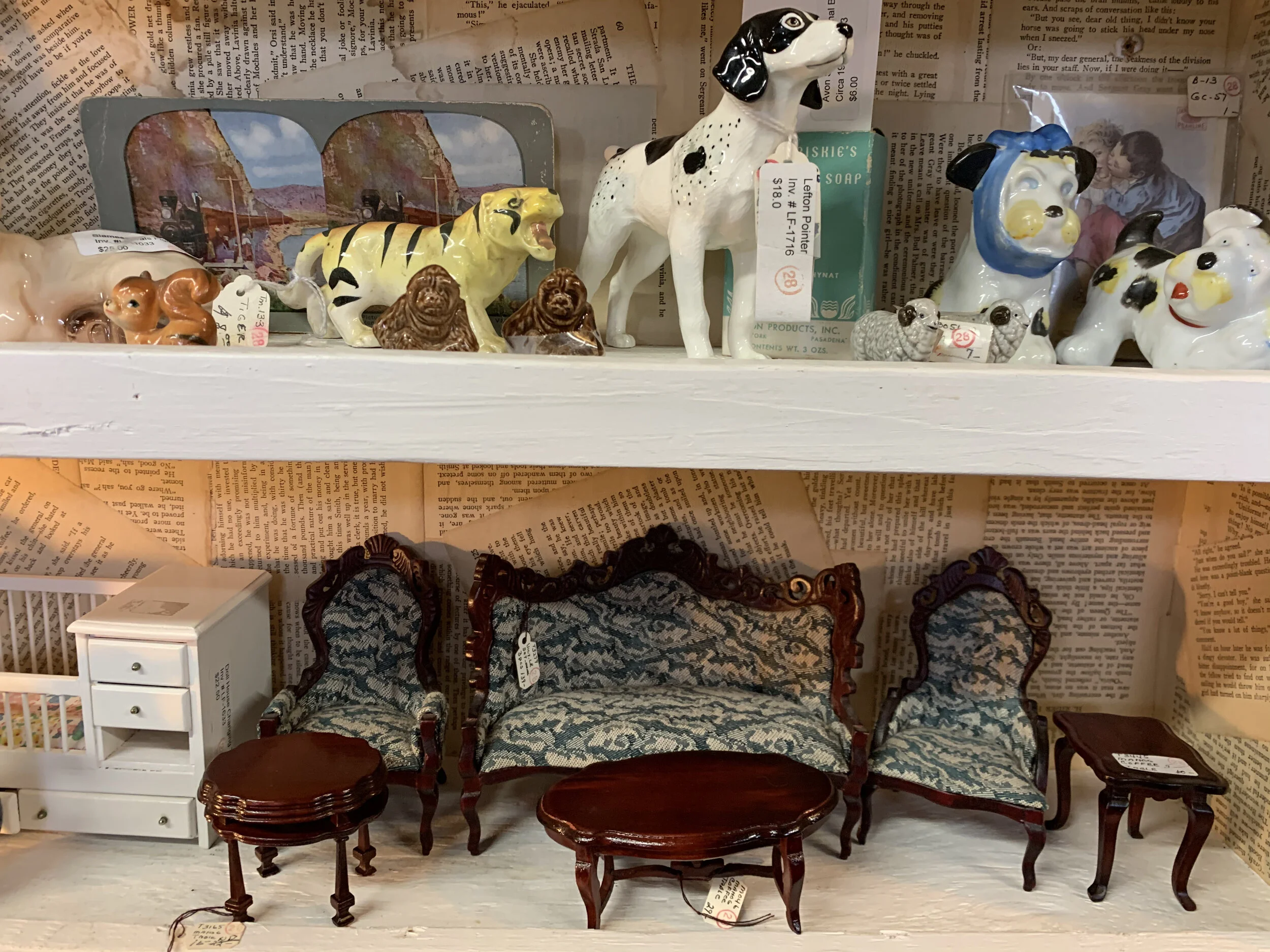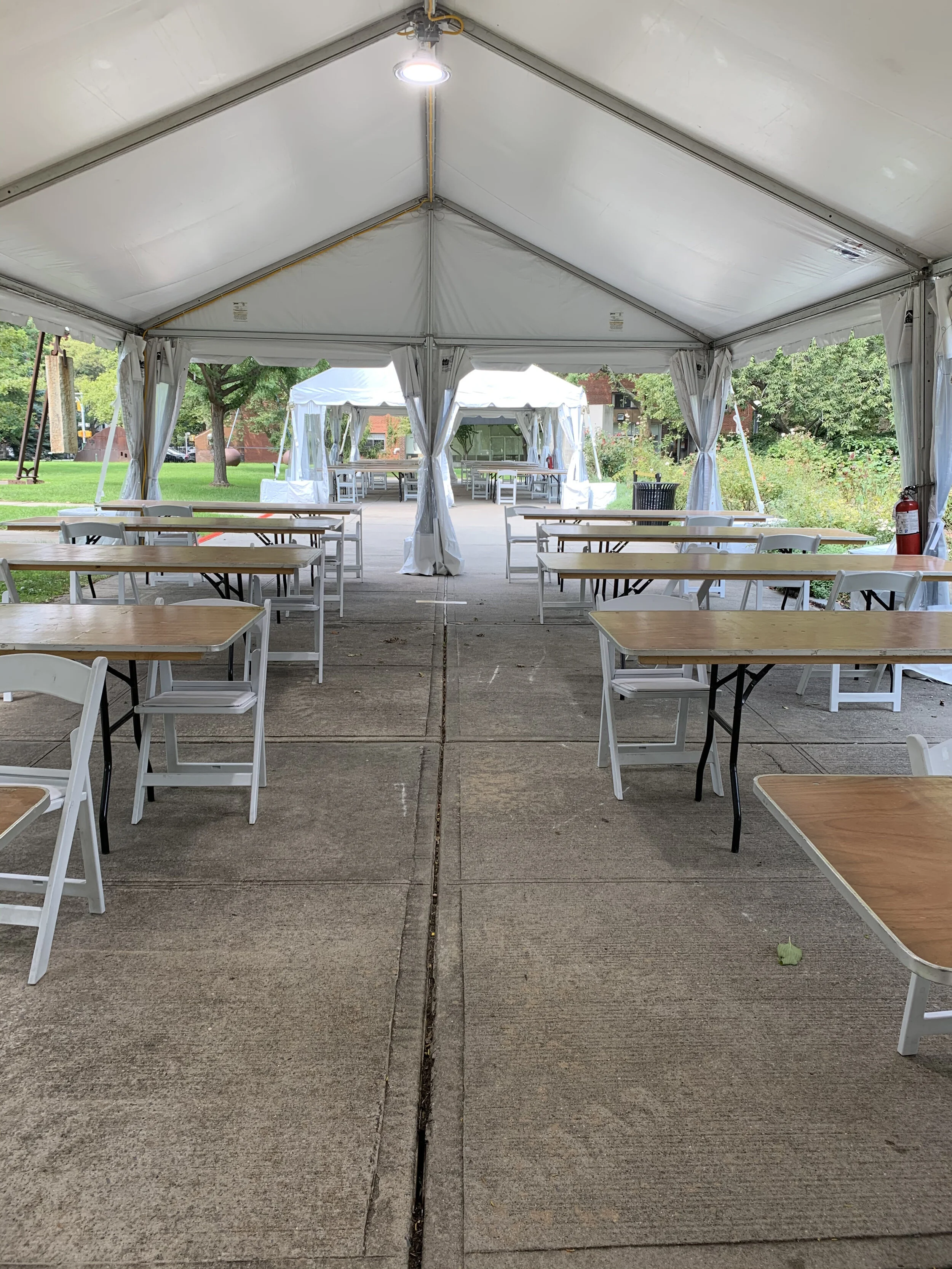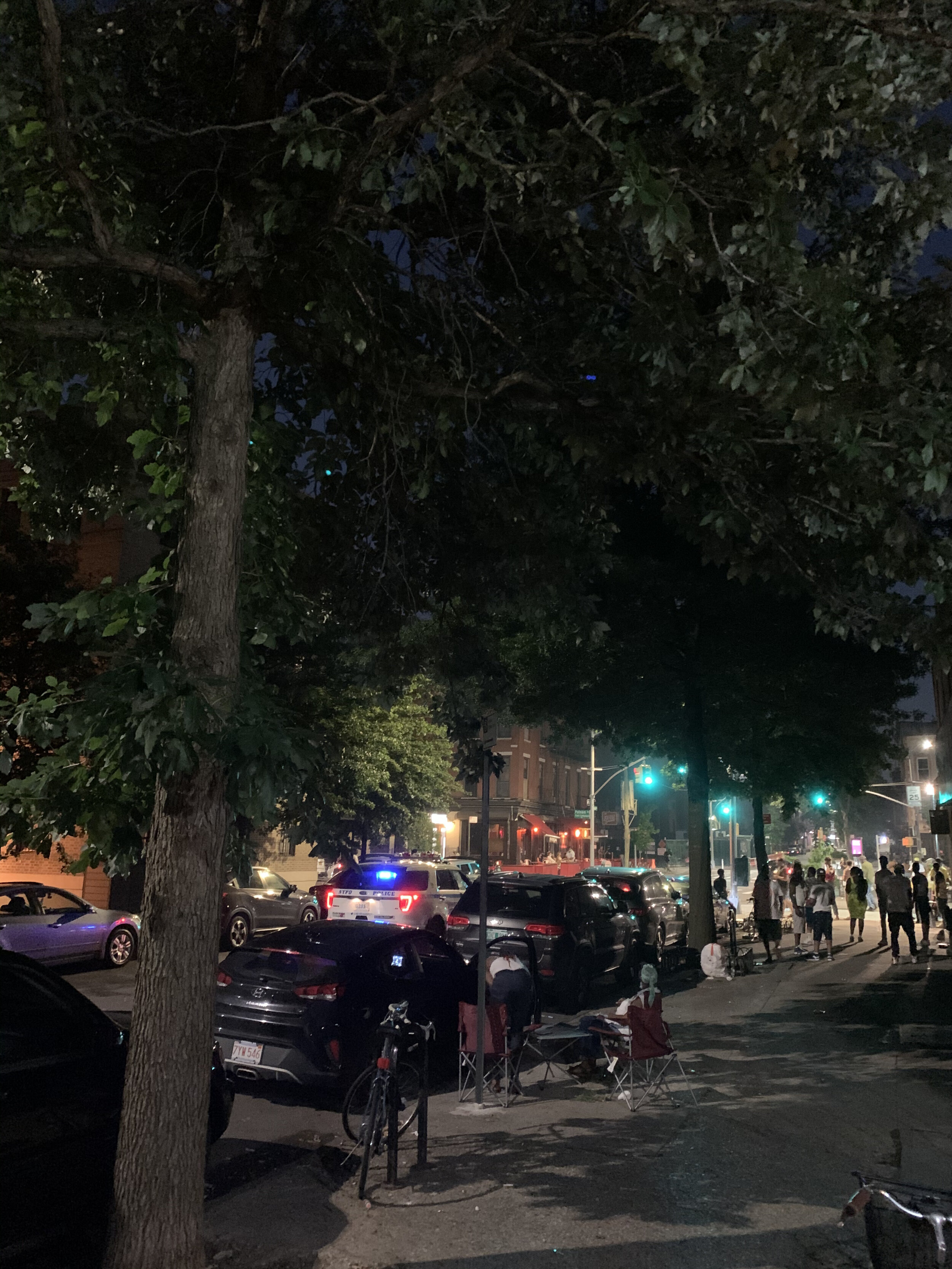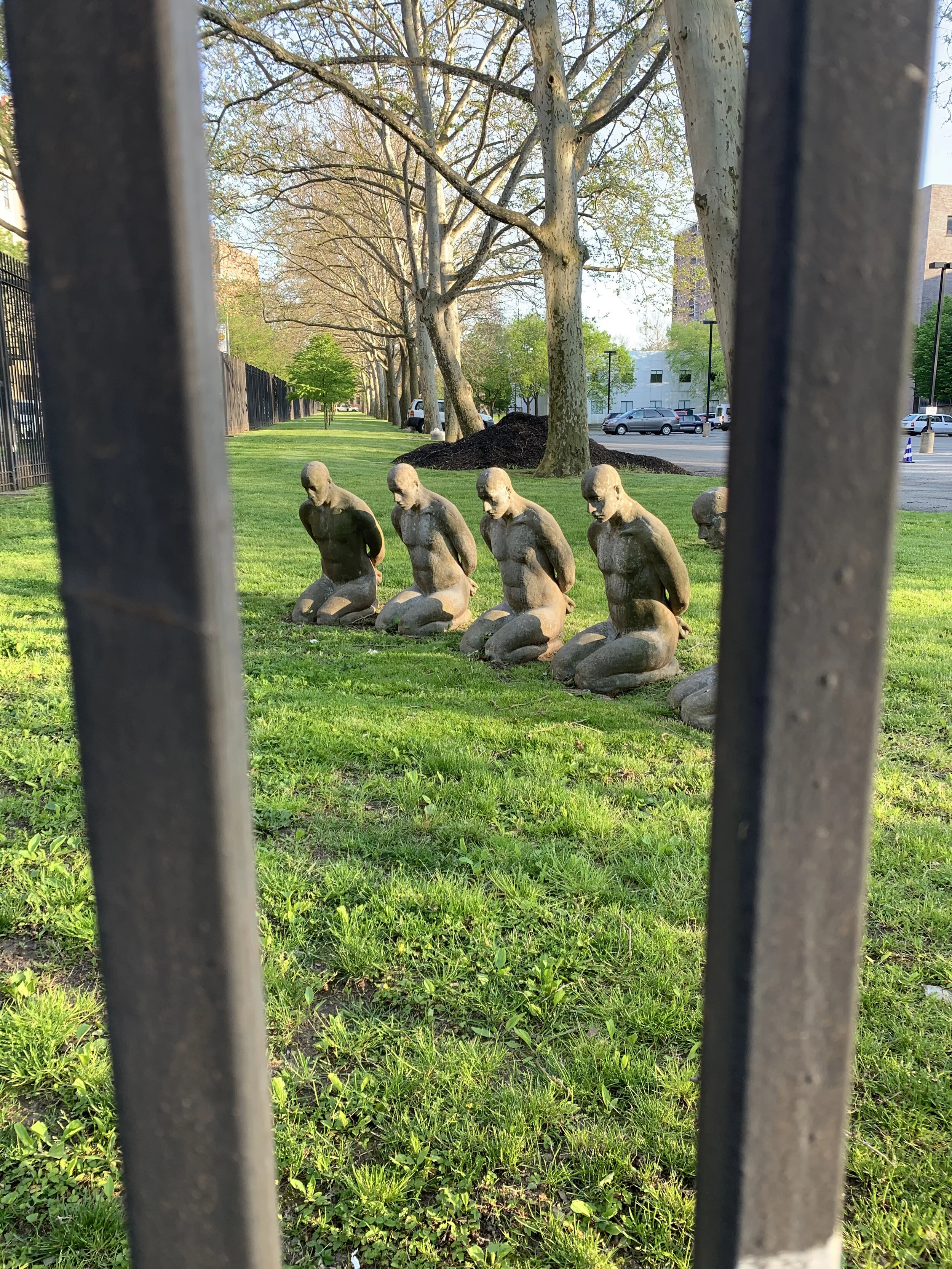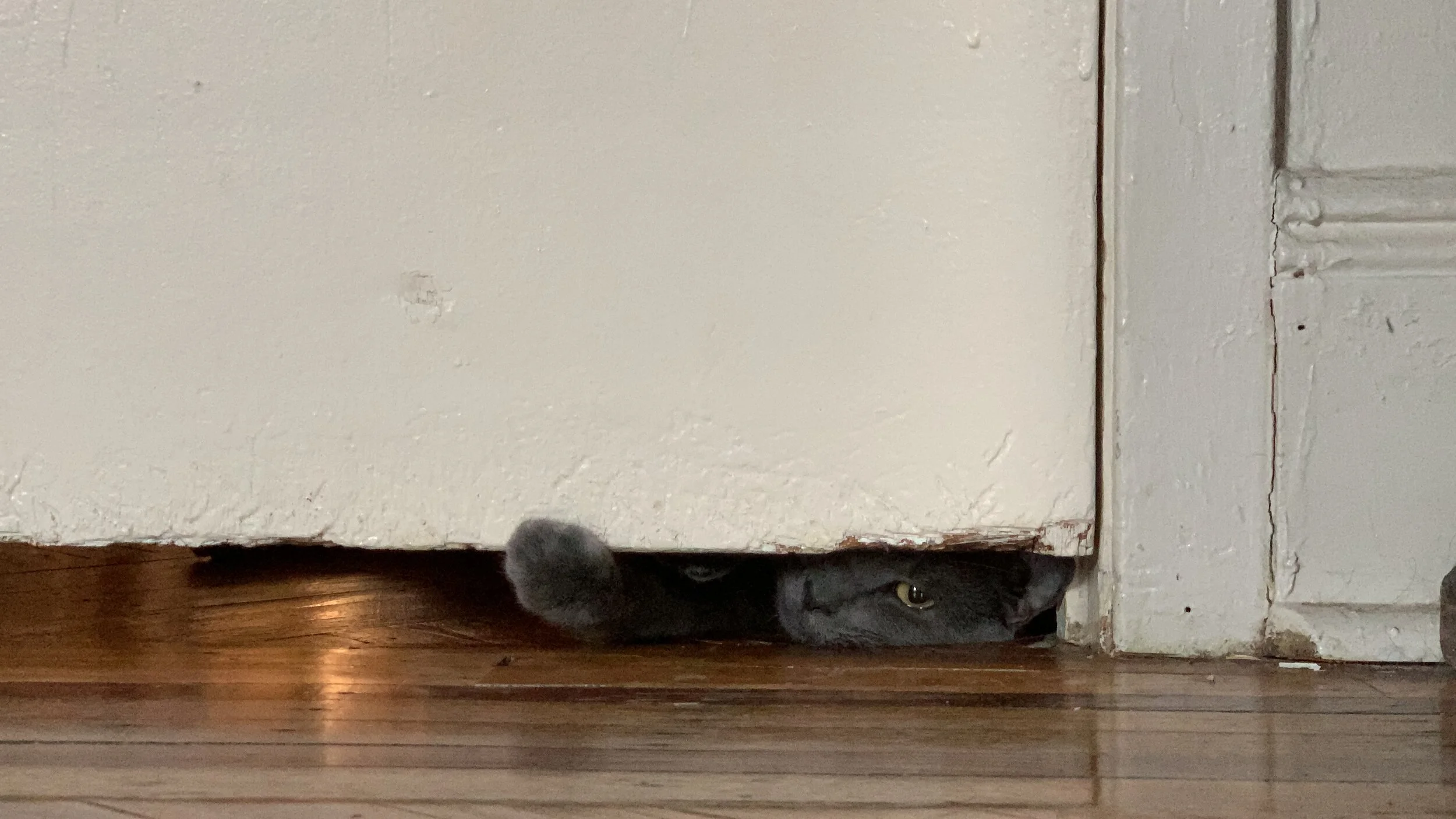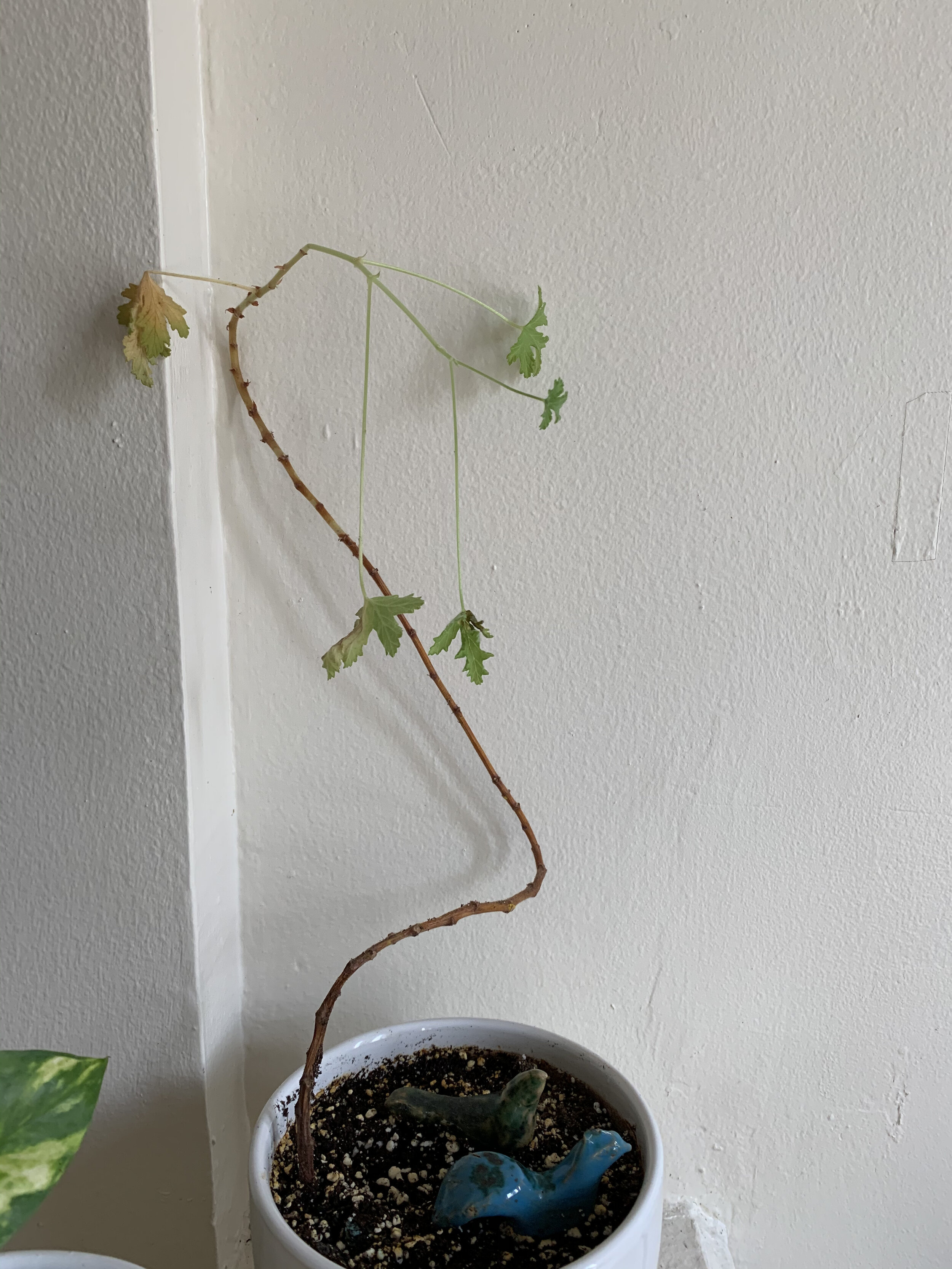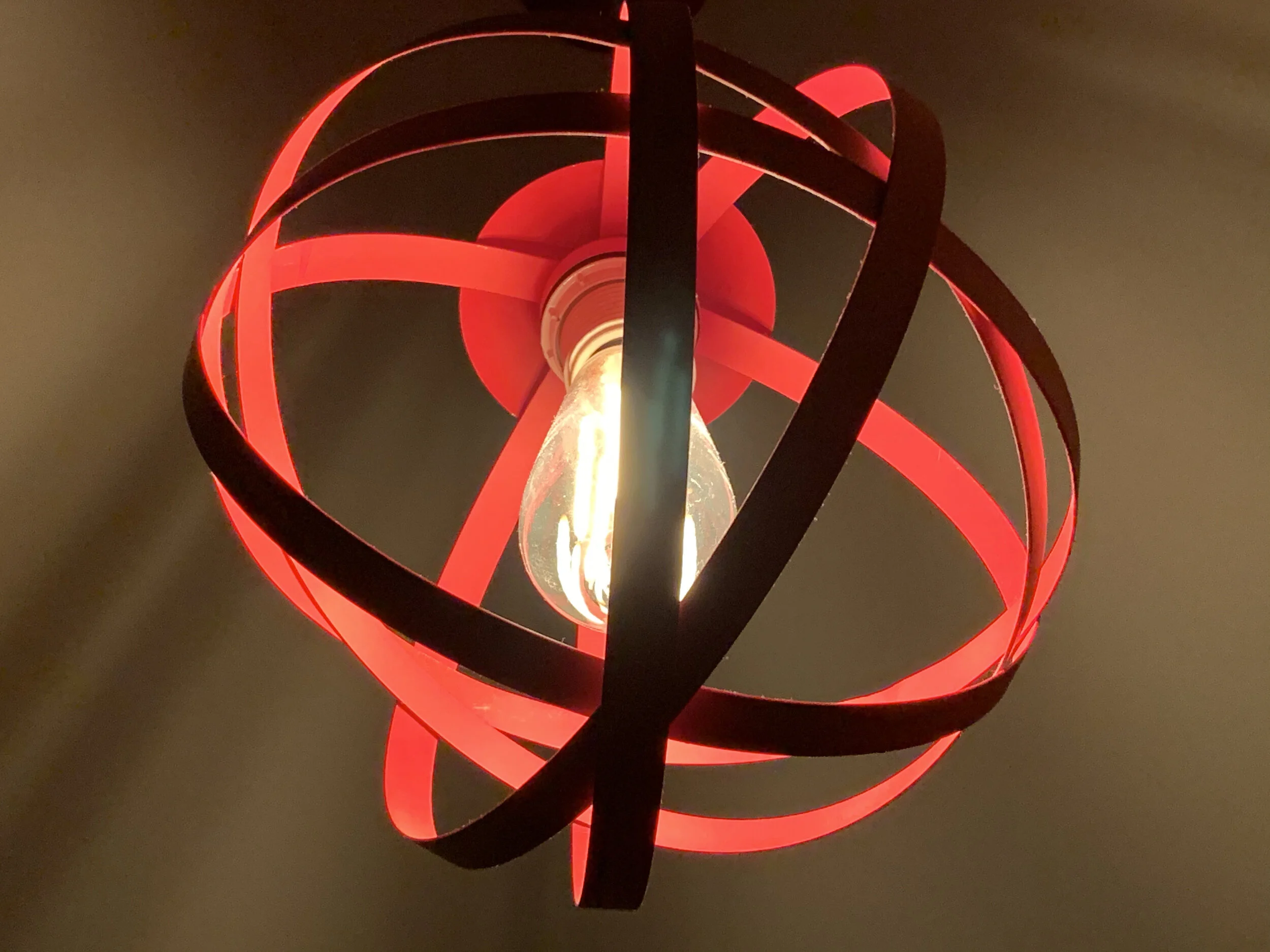Dispatch: Poupeh Missaghi
the year that started before a year should start and continues beyond when a year should end
after teju cole, for john berger
let’s begin with a timeline. a personal-not-so personal timeline of the year that started before a year should start and continues beyond when a year should end.
the year of the curse begins in november 2019. beginning with november 15, in iran. on the other side of an internet blackout, hundreds are dead, blood in the streets, hundreds arrested.
on november 17, china registers its first official case of the virus.
a new gregorian year starts on january 1, 2020.
on january 8 of the year of the curse, a ukrainian passenger flight is downed by iranian missiles just outside tehran. number of fatalities, 176: all passengers, mostly iranian, and the crew.
on february 4, your first book is born into the world.
on february 11, you launch your book with a reading in brooklyn.
on february 12, you travel to boston for a reading.
on february 19, iran registers its first official case of the virus.
on february 28, in toronto airport, the machine asks you if you have recently been to china. they asked no questions at la guardia airport in new york.
on february 29, you go to a concert in toronto. the iranian singer whom you’ve seen many times in concert and would want to see many more times to come. you cry a lot that night, in concert. to his voice, to the images of your people behind him on the screen.
on march 2, you do a reading in toronto.
on march 3, in toronto airport, the machine asks if you have recently been to china or iran. in ronald reagan airport in washington, dc, they do not ask any questions.
on march 3, you do a reading in dc. you spend the night at a hotel instead of with a friend as planned.
on march 4, you take amtrak back to new york. you are wary of all the people around, of yourself around them.
on march 9, you take amtrak to baltimore. that evening you do a reading. even though you stay at a friend’s, no hugs are given or taken. you worry about all the travel you carry in your body.
on march 10, you take amtrak back to new york. you keep sanitizing your hands, try to keep distant from people.
a new persian year starts on march 20, 2020.
(aref qazvini, iranian poet, musician, and singer (ca. 1882–1934); excerpt from از خون جوانان وطن لاله دمیده tasnif (az khun-e javanan-e vatan laleh damideh / tulips have grown from the blood of the youth of the country), 1909–11. played on santur by armin ansari, 2020.)
on march 27 of the year of the curse, your grandfather of more than a hundred dies in a nursing home in los angeles. he said he was tired and wanted to join his wife. none of his children are with him.
on october 8, the voice of the iranian people dies in the hospital after a long battle with cancer. he did not sing for many years. many gather outside the hospital in the days before, on the night of. they sing his song calling out to the bird of dawn. many cry a lot that night, outside the hospital or not. the engraving on his tombstone reads, under his name, “the soil underneath my people’s feet,” as he once called himself.
on october 20, your best friend in iran sends a group text asking you all to pray for her brother, says he is not feeling well. you talked to her the night before, and nothing was wrong. he had just teased the two of you on facetime the other day. first you text, but can’t wait and call. your friend tells you, in shock, in between sobs, that he is gone. says she went to wake him up in the morning and he was gone.
on november 4, you find your father on the other end of the phone in need of immediate medical attention. it is nighttime for you, early morning for him in tehran. you call your mother and brother in california. you take turns talking to him. your mother wakes a cousin in tehran, sends them to your father. a few days later, your mother flies back home, wearing masks and shields through several airports to get there.
on december 26, the news comes of your friend dying on a mountaineering trip in the range around tehran. he and his friend. on top of a summit. found the morning after. you are in the kitchen cooking when you get the phone call. and then it is all over the news. he visited only a few weeks ago. you told him that next time they should all come together, him, his wife your friend, their little boy, and the girl soon to be born.
on december 28, you learn that one among the five of you, who on that first night of shock mourned together the loss of your friend, has tested positive. in the next few days, three others test positive.
a new gregorian year starts on january 1, 2021.
on january 2, your partner walks all the way to his new apartment, sooner than the planned move-out date from your shared apartment. with a fever and muscle pain. carrying the virus in his body. pulling along a suitcase and a bag of essentials that you two hurriedly put together. to make sure you do not get infected. you cry a lot that night. you cry a lot for the several nights and days to come. you spend them worried. worried to death. not knowing how to care while distant.
on january 13, your friends’ daughter is born, father and daughter missing one another on this earth by only seventeen days.
on february 23, your mom calls with the news of the passing. a beloved uncle. not in blood, but in care and connection. he was waiting for a liver transplant but did not make it. you texted him last for his birthday in december. he did the same. both of you born under the sign of sagittarius.
on february 24, you receive your first dose of the vaccine.
on march 17, you receive your second dose of the vaccine.
a new persian year starts on march 20, 2021.
let’s move.
away.
from the timeline.
you remember that day long before the year of the curse, when a distant friend, learning of your move to new york, smirked and said, “you know you will be a starving artist there, right? why do that to yourself?” he and his family had recently moved out of the city with a higher-paying job offer, the prospects of a california mansion, more space for the kids, better weather. he had been a man of wall street. they would come back to the city to make sure the kids got their arts and culture, they said. you were about to remind him of the arts’ and writers’ communities, the museums and galleries, the languages, cultures, food, the city itself. but he went ahead, “you know that the city belongs to us, the ones with money. you artists simply serve us and create the environment we would want to live in.” you remember the exchange; he was right but also completely wrong. he couldn’t understand the kind of belonging that comes without the need for possession. there was no point explaining it to him.
a fridge is left out on the sidewalk, the main body to one side, the door leaning separately on the fences next to the trash and recycling bin. before leaving, the man, who had rented the apartment two floors up and moved before the pandemic news was official, though the virus was present, said, “i’ve been here for decades. it’s time to move on.” he was joyful and full of hope, shared some insights on life. the last weekend before moving, he threw a party. they played live music and djed. later you noticed an eviction notice on his door, heard from neighbors that he had not paid rent for a few years. the renovations have been going on for months. they are moving slowly, fixing one thing at a time. the landlord and the one handyman. they seem to be old buddies, though you keep hearing them bargaining on and on now and then. in one of the shelves of the fridge door lie several ancient ketchup packets; in another compartment, one with a plastic door, barely see-through because of the years it has accumulated over its surface, sits one light-brown egg. the cat began to run to the door of the empty apartment anytime he could. he has made a habit now, three times a day, meowing to be let go, for his tour of all four floors.
a tooth is small, very small. compare its size to the size of your hand, fingers, nails. a tooth is hard, like bone, is bone. a tooth that is beyond hope is extracted. your gums become fabric to be stitched. let’s hold things together. imagine the sounds of a dental office. all bodies covered under shields and masks. except this gaping hole of a mouth. a tooth extracted becomes an empty grave, sitting in wait for months to come, before a new tooth can be planted. everything needs to readjust. to care for a tooth in one’s mouth can cost several months of rent, the roof over one’s head. a tooth is not the same tooth in the eyes of every dentist, has different values. shop around for the lowest bidder who cares for the state of your decay. to extract a tooth is to lose a part that can never be replaced. imagine the screw that goes deep into the tissue. slowly. not so gently. imagine the still-too-new-not-worn-out-with-time texture of the new artificial bone in the mouth.
how to mourn the grief?
in an outdoor class in a tent, there is only the two of you in flesh and blood; others, merely digital faces. in the hall of mirrors of your voices and their voices, echoing, jumbling, only one person can be unmuted. during the screen break, the one student sitting far enough, feet apart from you, tells you about their art intervention many months ago, a tent set up on campus only a few feet away. they lived in it for several months. it drew lots of attention. was covered by the university magazine. it was art only for the others, they explain. a solution, too, for them, they add. in the last session of the semester, they share black-ink prints of animal cadavers found around the neighborhood. by then, the tent is chilly, and you all have become faces confined to the rectangular frames on-screen.
the men around the corner have never not been there in all the months that have come and gone. one night, voices of a crowd posing for photographs. the sounds of joyous celebrations and drinks being passed around. the next day, you notice a color photograph taped to the brick wall around the corner. the wall is shared with the bodega run by a middle-aged muslim man, which closed down for a day or so after the ice agents showed up and hung around. underneath the photograph, dozens of prayer candles arranged on the sidewalk, flower bouquets leaning on the wall. the black man, wearing various shades of blue in the photograph, cannot be more than twenty something. the candles and flowers, too, are shades of blue and white. empty alcohol bottles are scattered just a few steps away. many scribbles on the margins of the photograph. he will be forever missed, they all say, using different words. a while later, another set of photographs go up on other walls around the corner. men are missing, really just boys, boys who have forever had to be men. next to them, other portraits and posters, sprayed slogans reminiscent of the summer.
first there’s the smell. as if someone is barbecuing. it’s not lunch time. or maybe it is. a late lunch. then it feels like too much for steak or vegetables. the smoke rises higher. gets darker. suddenly, the sound of an explosion. glass shatters. soot, all that remains of the objects robbed of their weight. a show for lingering eyes behind intact glass. soon a neighborhood gathers around, in loungewear, faces covered in masks, phones in hand. on top of a ladder leaning on a neighbor’s fence, a young girl watches with the air of an esteemed journalist on the frontlines. the men in gear carry hoses and axes, ropes and cords. they find their way into the abandoned apartment, now burning down. the neighbor’s chickens do not care about the ladders, the girl’s or the men’s, the wooden boards that soon cover the darkened holes. sometime later, the trees shed their leaves, and nothing remains of the vegetable garden surrounded by barbed wire to keep the chicken away.
as you walk, with others, someone offers water. another fruits. faces behind masks. faces behind windowpanes, waving or cheering. a few on rooftops. with banners. or mere spectators. around the plaza, t-shirts, pins, masks, snacks, water, books, masks, much more, for sale. someone collects recycling from trash cans. a woman carries yellow flowers in the messenger bag on her bike. feet climb high. in their armor, men and women stand around to keep a close watch. the human breath would desacralize the bronze body, ruin the triumphal arch, they say. feet climb low. an earring reads “bella ciao.” an older woman browses dresses on her phone as she sits to rest. you march on. someone offers pot, offers it while they march, to anyone who pauses and turns around. hand plunging into a big see-through plastic bag in a black backpack. jovial moods. several buds shared with any hand reaching out with want. you wonder whether you, too, want some. he says, don’t. he says, keep walking. to trust the stranger is a luxury already denied. memories of other marches, other men in armor. to believe in sustained peacefulness is a dream already shattered. fences demarcate the path: those who march and those who guard. a mass of bodies lying down. watches on wrists and on phones held in hands count the seconds, the minutes, while faces remain touching the asphalt, not moving.
middle ground: raphael zollinger, welcome II (detail), 2006. installation view, sculpture park, pratt institute, brooklyn
before the scaffolding goes up for renovations outside the neighboring building, the store boasted about its care of paws and claws. the voices of the dogs staying over would take over the neighborhood soon after the curtains went down. some mornings, there was a queue: dogs there to check in, standing in wait with their owners; sometimes a car double parked; many dogs that had been picked up, that were to be dropped off. a busy day of several distinct voices. the note on the closed curtains goes up days before the men arrive to set up the scaffolding. a phone number jotted down on white paper. call for grooming needs. months after the scaffolding goes up for renovations still unbegun, the note has disappeared and the bodega, too, is now closed, its windows covered with graffiti and notices, and the dogs, too, are silent and nonexistent.
(armin ansari, excerpt from “a covid song,” music for santur, 2020)
the scaffolding has provided a roof over the head. the old woman who passes by, grocery bags in hand, tells you not to give money to the one who has found refuge. you don’t, not then, but do so when you return. and she runs to the men around the corner outside the closed bodega the moment she gets her hands on the money. someone has left behind a bag full of apples, hanging from one of the metal bars of the scaffolding. the apples are not touched for many days to come.
the veins of your palms begin to bulge. a blue darker than ever before. with the fingers of one hand, you begin to fumble with the bloodstreams of the other. to feel what is going on. so present. so loud. it seems as if the light of the hotel bathroom has made the skin thinner, see-through. on the wall of the room a pretend-to-be-childish painting of a car, an airplane. white and blue and red. and a hammer. you’ve never before stayed in a hotel room in your own city. a first time for everything. the much-desired solitude becomes resented, is nothing like the weightlessness of travel. in the clinic, the scan lets you hear your own blood. pumping through the neck. the chest that feels heavy. a sonogram had always been to check up on the femaleness of your body. or in videos, to hear the sound of new life, in other bodies. your blood sounds like air. the nurse who takes the stress test asks you to exercise your legs’ right to march. keep going, he says, until I tell you to stop. with no mask, he offers you hand sanitizer. a heavy machine swishes around your breasts. later the doctor says, make sure you eat well and sleep well. the poster on the wall shows a plate: one fourth carbs, one fourth proteins, two fourths vegetables. it is your heart that is in flames and crumbling down, but that is not why they call it heartburn.
Poupeh Missaghi was born in Tehran in 1977. She is a writer, translator, editor, and educator. Missaghi holds a PhD in English and creative writing from the University of Denver; an MA in creative writing from Johns Hopkins University, Baltimore; and an MA in translation studies from Azad University, Tehran. Her debut novel trans(re)lating house one was published by Coffee House Press in February 2020. Her nonfiction, fiction, and translations have appeared in numerous journals, and several of her books of translation have been published in Iran. I’ll Be Strong For You, her translation of Iranian author Nasim Marashi’s novel, was released by Astra House in April 2021. She worked for many years as an editor of Asymptote and is currently coeditor of Matters of Feminist Practice from Belladonna* Collaborative. She is a visiting assistant professor in the department of writing at Pratt Institute, Brooklyn; a faculty mentor at Pacific Northwest College of Art, Portland; and a writing consultant at Baruch College, City University of New York.

